Coronavirus: Gambling addiction treatments paused as staff redeployed
- Published
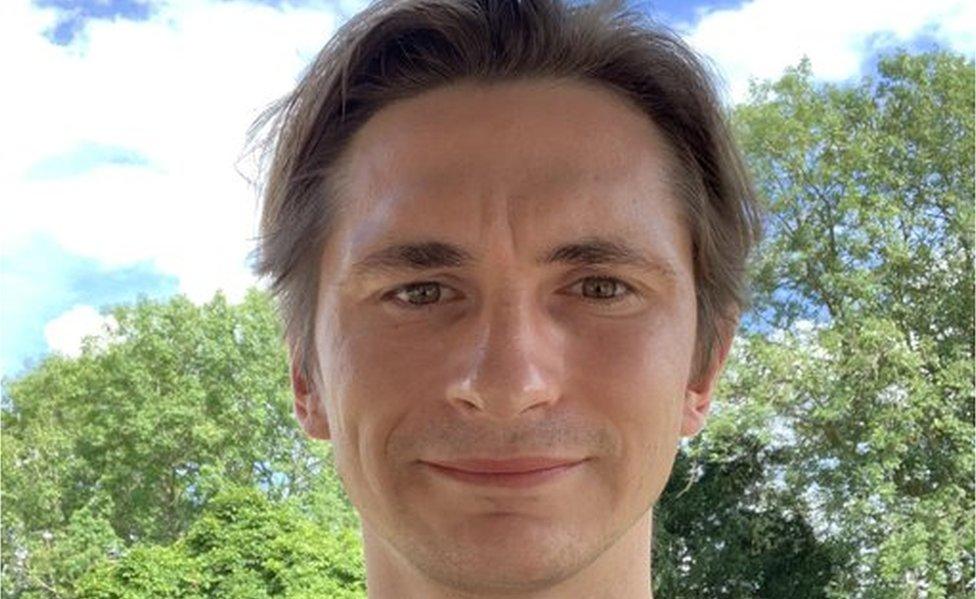
Bray Ash is concerned the return of professional sport could trigger anxiety for people with gambling problems
Treatments for dozens of people with gambling addictions across Great Britain were paused as NHS staff were redeployed due to coronavirus.
Ex-gambling addict Bray Ash, who once lost his entire student loan in a day, said the return of professional sport left people at risk.
BBC research reveals some NHS staff who helped people with addiction were moved to other roles during the pandemic.
NHS trusts said they had to redeploy staff to "where the need was greatest".
The BBC Shared Data Unit reported in May that search interest in online casinos had hit an all-time high in the UK since lockdown began. Search interest has since risen again.

A gambling charity said it had received more calls than ever before during lockdown
Mr Ash developed an online gambling addiction, mostly on sport, while studying for a university degree and once gambled away his student loan within 24 hours of receiving it.
In 2018, he received treatment at the Gordon Moody Association in Dudley, West Midlands, when he had anxiety, depression and suicidal thoughts. He has continued to attend meetings since.
"I think it [the return of professional sports] could have triggered a lot of anxiety," he said.
"We went from having football on all over the world to none at all [during lockdown].
"And I've never heard of anyone going to horseracing because they want to admire the horses.
"People might have a massive gambling binge because they couldn't for a while. These people could be high risk going forward.
"Once your brain has become flooded with gambling, and that's your escape when you don't know how to deal with your feelings, that's what you will do in the situation now.
"A lot of people [gambling addicts in recovery] relied on going out and seeing people and online support and meetings have become very important to them."
His comments come as it was revealed eight of 30 staff offering gambling treatments were moved without backfill to other roles at the Central & North West London NHS Foundation Trust (CNWL) and Leeds and York Partnership NHS Foundation Trust (LYP).
In London, 33 people's treatments were paused, as were 29 awaiting assessment. Remote contacts continued for 78.
Only "stable... well-supported" people had treatments paused, said CNWL, which accepts patients from anywhere in England, Scotland and Wales.
LYP said it had redeployed staff towards where "the need and risk was greatest".

Gambling charities had aired concerns social isolation, boredom, personal conflict and financial insecurity during lockdown may drive more people to consider gambling, and prompt recovering addicts to relapse.
Despite an overall drop in gambling while sports events were cancelled or postponed, there was an increase in some customers playing online slots, poker, casino gaming and virtual sports, watchdog the Gambling Commission said, external.
The Gordon Moody Association, a gambling charity, said it received more calls than ever before during lockdown including with ex-residents and some people with suicidal thoughts.
Tens of thousands more women, who were drawn to online games such as bingo, also requested support.
What do the trusts say?
At Leeds and York Partnership NHS Foundation Trust, which covers the north of England including the north Midlands, 25 out of 125 referrals had not yet progressed to assessments by June, responses under the Freedom of Information Act showed.
Initial contact to assessment usually takes up to 14 days, the trust said, but it reached "up to a month" for some, while four of its 18 staff were redeployed.
Many other NHS mental health trusts also redeployed staff in "these unprecedented times", the trust said.
Central and North West London NHS Foundation Trust (CNWL), where NHS England's national mental health director Claire Murdoch is chief executive, said its gambling addiction treatment was "not a Cinderella service".
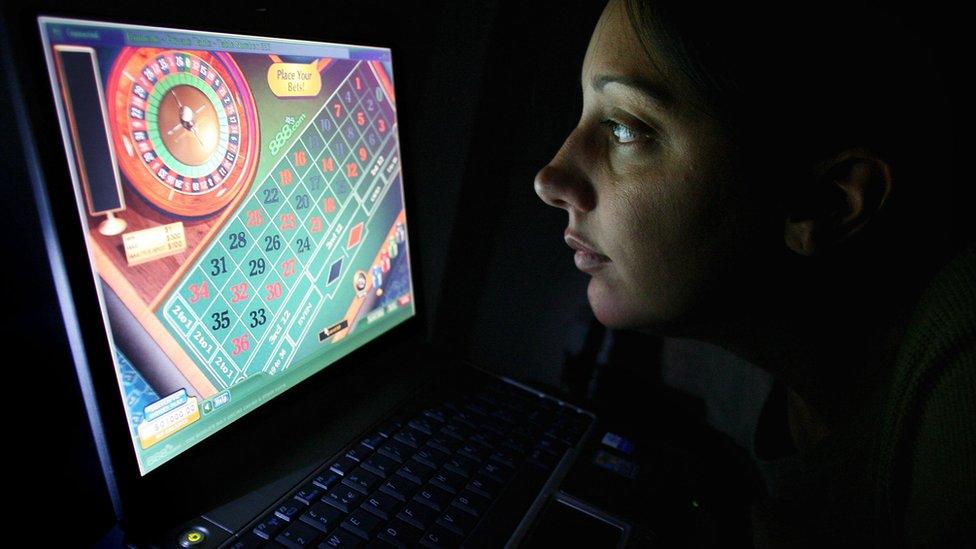
GamCare was initially concerned people slipping into a gambling habit felt unable to call for help in lockdown around their family or housemates
At one stage, some 1,200 of its 7,200 staff were shielding or isolating and "some staff...were transferred to other front-line addictions services".
Patients waiting for treatment were offered information about Gamcare, which operates the national gambling helpline, and other support services, it said.
CNWL, where four of its 12 staff were previously redeployed to work in substance misuse services, said it "risk-assessed everyone in treatment and on the waiting list and only put on hold those cases that were deemed low risk, erring on the side of caution."
The trust "kept very clear track" of all those whose treatment was paused and offered them "a series of pre-therapy groups...while waiting for full treatment to resume".
Matt Gaskell, clinical lead and consultant psychologist at the NHS Northern Gambling Service at LYP, said only one member of staff remained redeployed and normal services would resume soon.
"Our staff have worked incredibly hard during the pandemic. We've continued to provide individual and group therapy via video and we've been closely monitoring all our service users with regular telephone calls and wellbeing checks.
"The NHS in England has limited resources to address gambling-related harm...the handful of clinics we do have currently provide a lifeline for a significant number of people struggling with serious problem gambling."
Since lockdown has begun to be eased, GamCare has launched a #readytotalk campaign with Samaritans, Refuge and Cruse Bereavement Care.
If you or someone you know has been affected by addiction, help and support is available at bbc.co.uk/actionline.
More about this story
The Shared Data Unit makes data journalism available to news organisations across the media industry, as part of a partnership between the BBC and the News Media Association. Read more about the Local News Partnerships here.
- Published21 May 2020
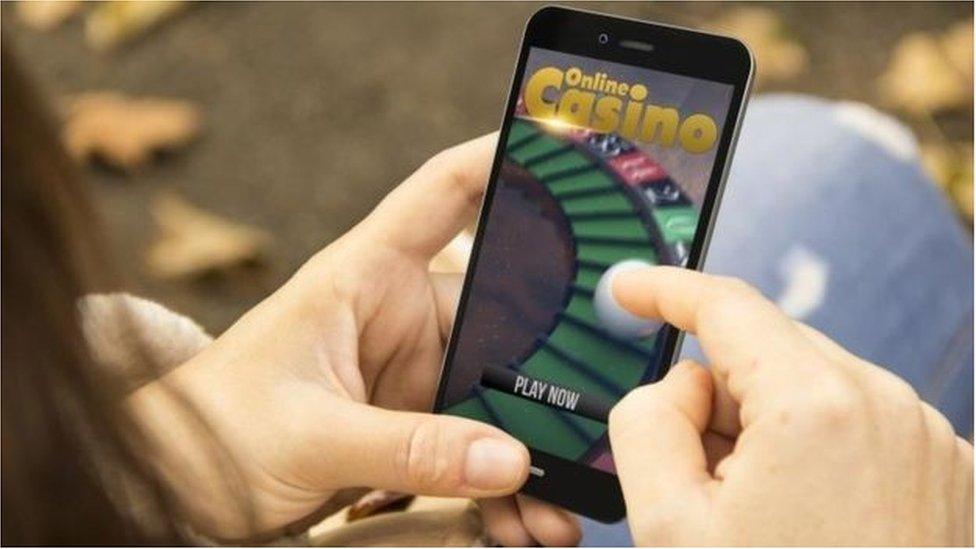
- Published2 May 2020
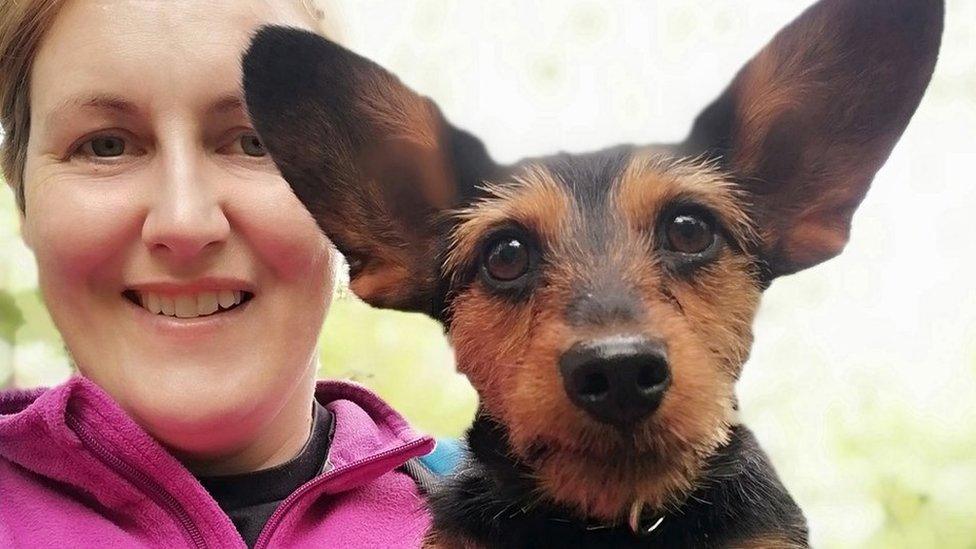
- Attribution
- Published14 April 2020
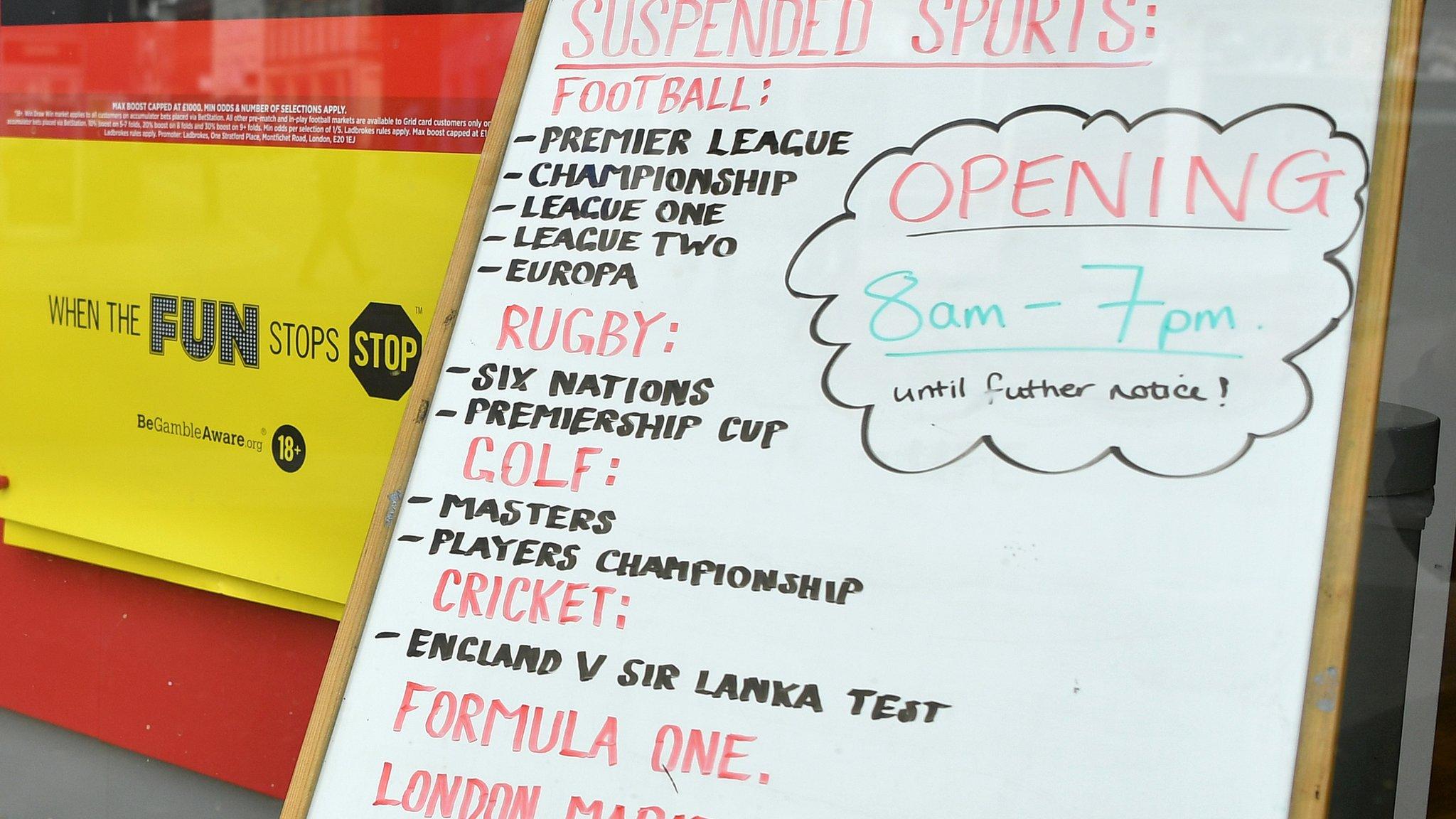
- Published16 January 2020
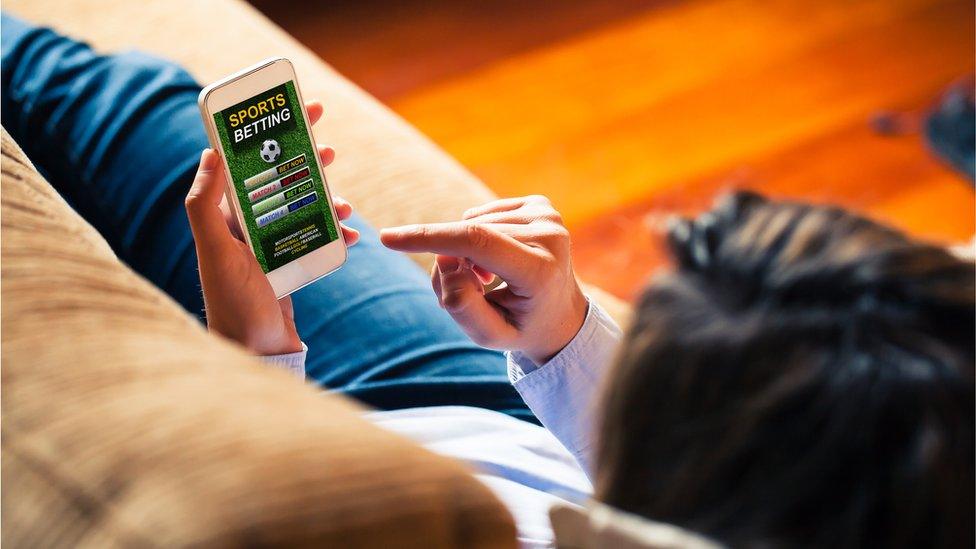
- Published14 January 2020
